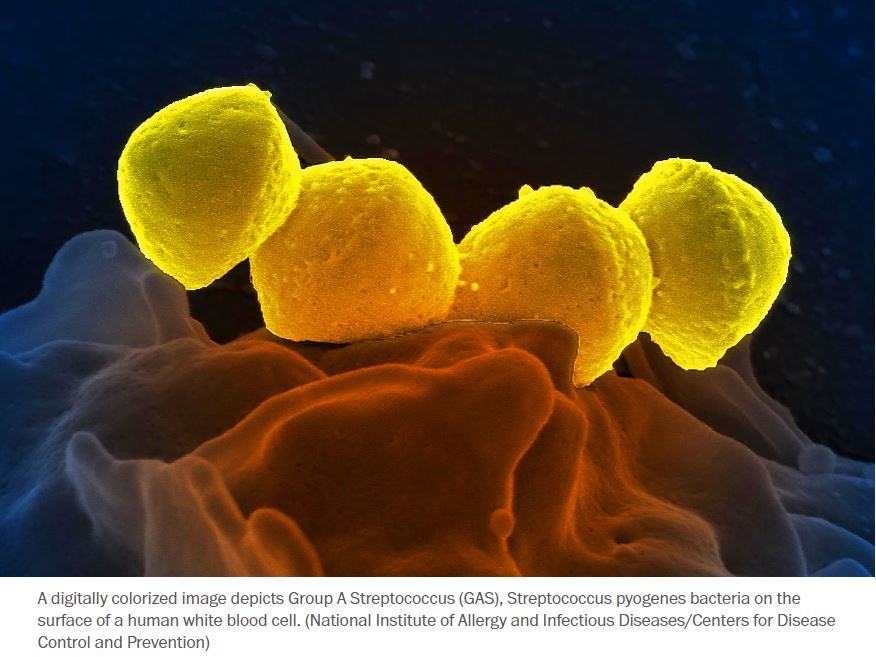A record number of streptococcal toxic shock syndrome (STSS) cases in Japan this year has highlighted the rare but dangerous bacterial infection. In the first half of 2024, Japan recorded 1,019 STSS cases, exceeding last year's total.

The National Institute of Infectious Diseases in Japan alerted the public in March after 77 deaths were reported. Most cases involved individuals over 50 years old.
In comparison, the United States reported 145 STSS cases in 2021, according to the CDC.
STSS is a severe illness caused by Group A Streptococcus (GAS) bacteria spreading into the blood and deep tissues. While GAS commonly causes mild infections like strep throat, it can lead to life-threatening conditions like STSS when it invades areas like the blood or muscles.
Céline Gounder, an infectious-disease specialist at NYU and Bellevue Hospital, noted that GAS typically causes sore throats and skin infections, with more severe infections being less common.
Factors increasing STSS risk include open wounds, diabetes, and alcohol use, with three out of ten patients likely to die from the illness. The CDC also notes that recent surgery, chickenpox, or shingles increase risk, especially in those over 65.
Andrew Steer from Murdoch Children’s Research Institute stated that STSS is closely linked to necrotizing fasciitis, a flesh-eating infection that can destroy muscles, skin, and underlying tissues.
STSS symptoms begin with fever, chills, muscle aches, nausea, and vomiting, sometimes accompanied by a sunburn-like rash. Within 24 to 48 hours, blood pressure drops, leading to organ failure and rapid heart rate and breathing. Immediate hospital treatment is crucial.
